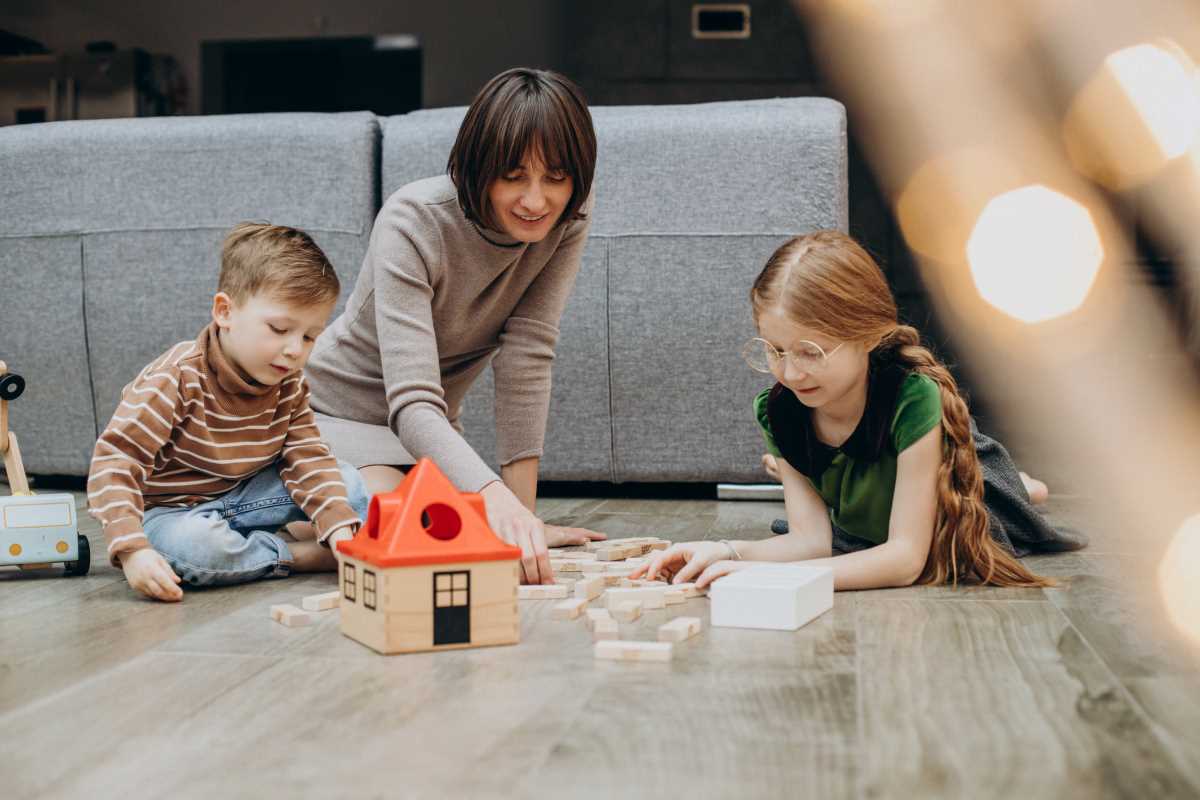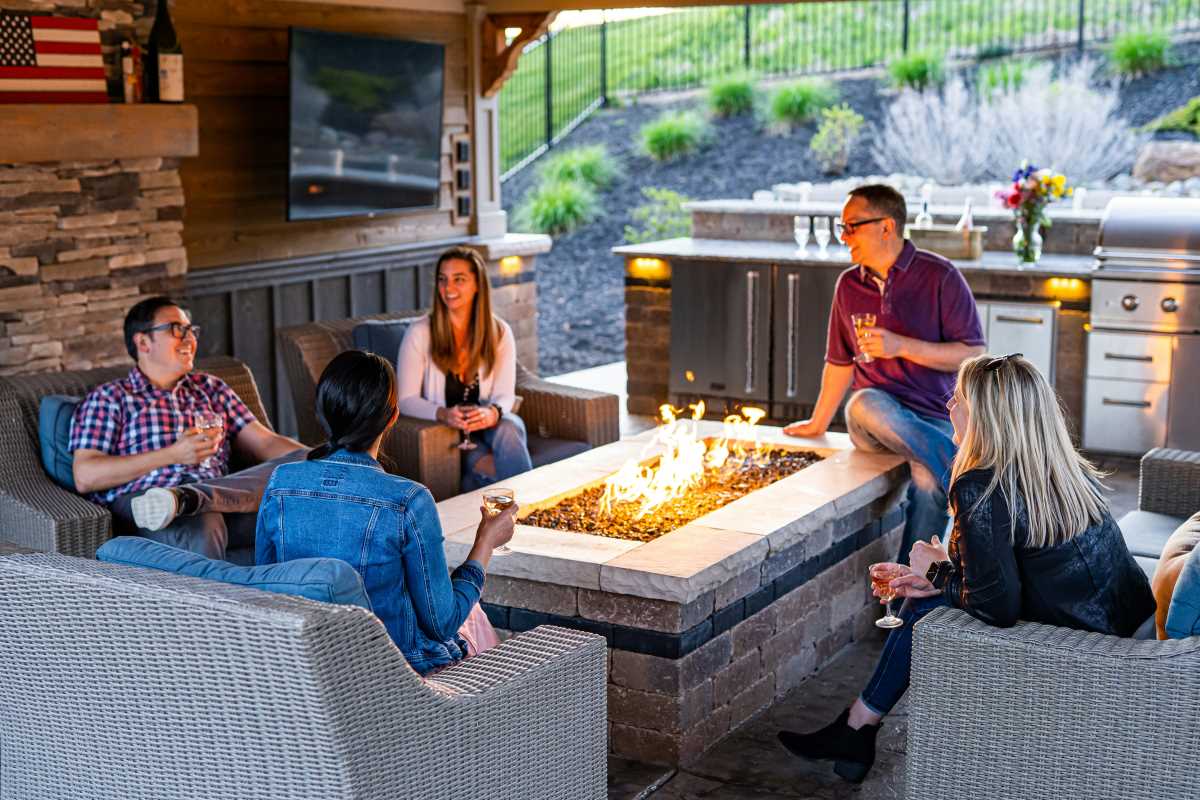WhWhether you're a new homeowner or have lived in your house for years, keeping your family safe is always a top priority. Implementing effective security measures not only provides peace of mind but also ensures the protection of your loved ones. Here are some comprehensive family safety practices to help you secure your home effectively:
Install a Home Security System
A home security system is one of the most effective ways to protect your family and property. Modern security systems typically include a combination of alarms, door and window sensors, and security cameras. Some systems also offer smart home integration, allowing you to monitor and control your security from your smartphone. A monitored security system is particularly valuable as it can alert authorities immediately in case of a break-in, ensuring a quick response. The presence of visible security cameras and alarms can also deter potential intruders from targeting your home.
Enhance Outdoor Lighting
Adequate outdoor lighting is a simple yet powerful way to increase the security of your home. Well-lit exteriors can deter criminals by eliminating hiding spots and making it more challenging for them to approach your home unnoticed. Motion sensor lights are especially effective; they turn on automatically when they detect movement, alerting you to activity outside your home and startling would-be intruders. Consider installing these lights around key entry points, walkways, and dark corners of your property.
Secure Entry Points
Securing all entry points to your home is crucial for preventing unauthorized access. This includes doors, windows, and any other potential entryways. Ensure that all doors are equipped with deadbolts and quality locks. Reinforce your windows with security bars or locks, and consider installing shatter-resistant glass for added protection. Regularly check the condition of your locks and entry points, and make any necessary upgrades to maintain a high level of security. For sliding doors, install a security bar or rod in the track to prevent them from being forced open.
Educate Your Family on Safety Practices
Safety education is a vital component of home security. Ensure that every member of your family, including children, knows how to lock doors and windows properly. Create a family emergency plan that includes what to do in case of a break-in, fire, or other emergencies. Teach children how to safely answer the door and phone when home alone, and practice these safety protocols regularly as a family. Emphasizing the importance of these practices helps ensure that everyone in the household knows how to respond in an emergency.
Prioritize Fire Safety
Fire safety is another critical aspect of keeping your family safe. Install smoke detectors on every level of your home, especially near sleeping areas. Test the detectors regularly and replace batteries as needed to ensure they are functioning correctly. In addition to smoke detectors, consider installing carbon monoxide detectors to protect against this odorless, colorless gas. Develop a fire escape plan with your family, designating specific meeting points outside the home where everyone should gather if a fire occurs. Conduct fire drills periodically to ensure that all family members know the quickest and safest routes out of the house.
Secure Valuables
Protecting your valuables is an important part of home security. Invest in a home safe to store important documents, jewelry, and other valuables. Choose a safe that is both fire-resistant and waterproof for added protection. Place the safe in a discreet location that is not easily accessible to intruders. For items that you use frequently but still want to keep secure, consider smaller safes or lockboxes that can be hidden in less obvious places, such as inside a closet or under the floor.
Participate in a Neighborhood Watch
Community involvement can significantly enhance the security of your home and neighborhood. Joining or starting a neighborhood watch program encourages residents to look out for each other and report suspicious activity. This collective vigilance can deter criminals and create a safer environment for everyone. Regular communication with your neighbors about safety concerns and recent incidents can keep everyone informed and prepared. Some neighborhoods also use social media or messaging apps to stay connected and alert each other to potential threats.
Stay Vigilant and Proactive
While these safety measures can significantly reduce risks, staying vigilant and proactive is key to maintaining a secure home. Regularly assess your home’s security, stay informed about local crime trends, and update your safety practices as needed. Encourage open communication within your family about safety concerns and ensure that everyone feels confident in their ability to respond to potential threats.
Securing your home and keeping your family safe requires a combination of effective strategies and ongoing vigilance. By implementing a home security system, enhancing outdoor lighting, securing entry points, educating your family, prioritizing fire safety, securing valuables, and participating in a neighborhood watch, you can create a safer environment for your loved ones. Remember, family safety is an ongoing process that involves regular updates and a proactive approach to maintaining a secure home.
(Image by Unsplash)
 (Image via
(Image via





